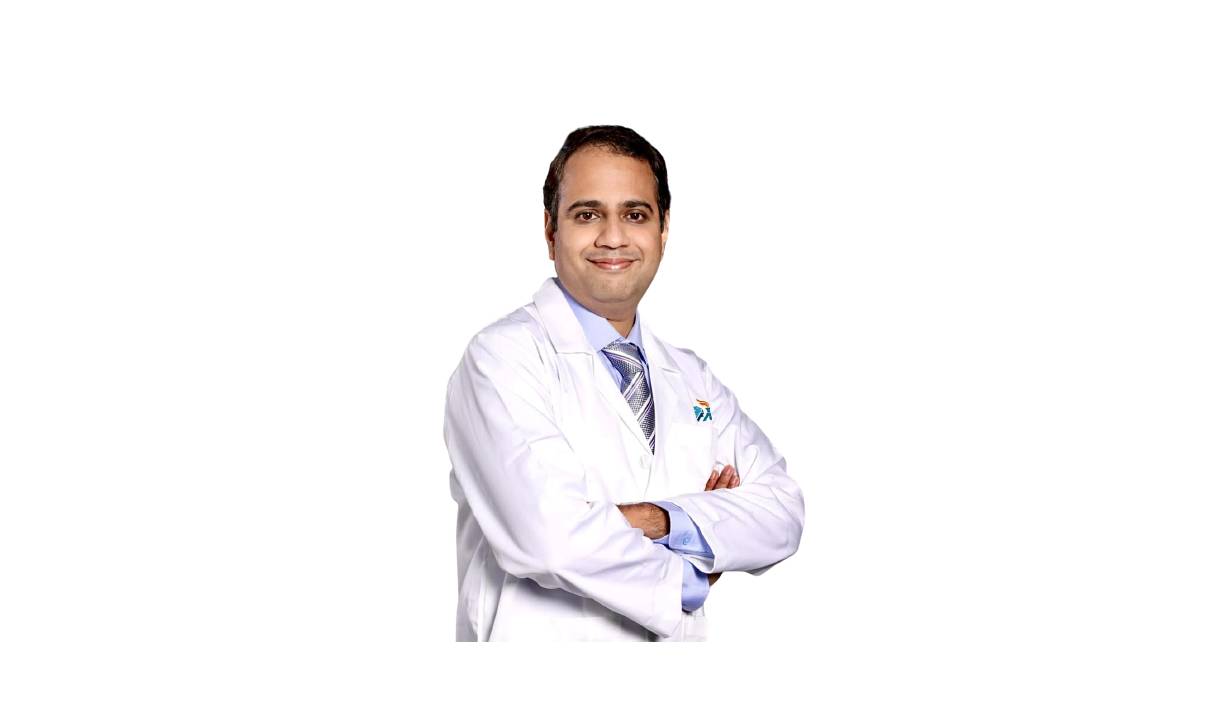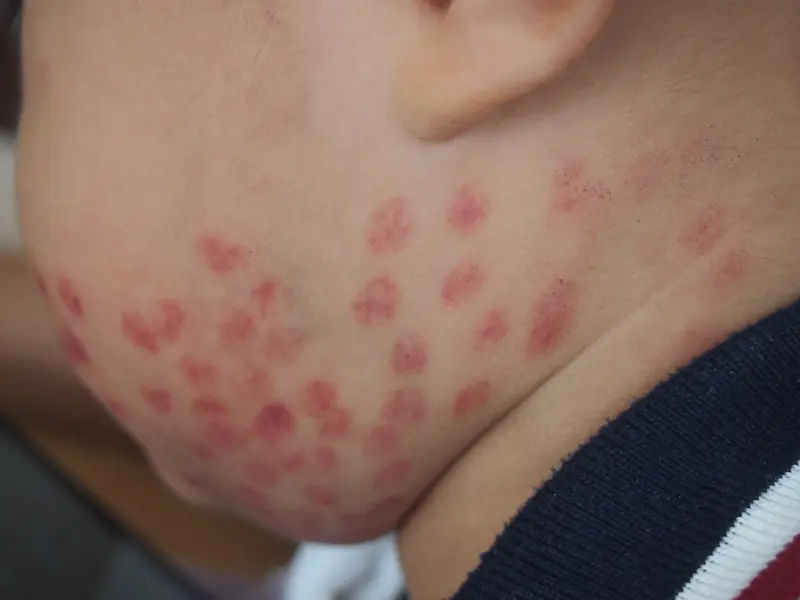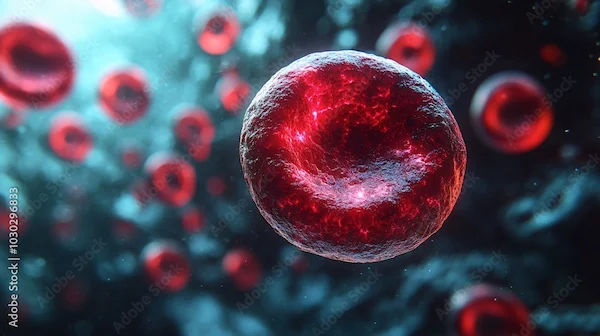Liver Symptoms You Must Not Overlook
Don’t ignore these key liver symptoms—like jaundice, fatigue, or abdominal swelling—that may indicate serious liver issues. Learn the causes, prevention tips, and when to see a doctor.

.webp?tr=q-80,f-webp,w-350,dpr-2,c-at_max 700w)
Your liver is one of the hardest-working organs in your body, performing over 500 vital functions, including detoxification, digestion, and energy storage. When your liver isn’t functioning properly, it can lead to serious health problems. Unfortunately, liver disease often goes unnoticed in its early stages because symptoms can be subtle or mistaken for other conditions.
Recognising the warning signs early can help you seek timely medical care and prevent complications. Here are some key liver symptoms you should never ignore.
Common Liver Symptoms to Watch For
These are the common liver symptoms to watch for:
1. Jaundice (Yellowing of Skin and Eyes)
One of the most noticeable signs of liver trouble is jaundice—a yellow tint in the skin and whites of the eyes. This happens when your liver can’t properly process bilirubin, a waste product from broken-down red blood cells. If you notice this symptom, consult a doctor immediately.
2. Fatigue and Weakness
Persistent tiredness that doesn’t improve with rest could indicate liver dysfunction. A poorly functioning liver struggles to remove toxins, leading to fatigue and a general feeling of weakness.
3. Swelling in the Abdomen (Ascites) and Legs (Edema)
Fluid buildup in the abdomen (ascites) or swelling in the legs and ankles (edema) can occur when the liver isn’t producing enough proteins or when blood flow is blocked due to liver damage.
4. Dark Urine or Pale Stools
Dark urine may indicate excess bilirubin in the blood.
Pale or clay-colored stools suggest a bile duct blockage, preventing bile from reaching the intestines.
5. Itchy Skin
A malfunctioning liver can cause bile salts to accumulate under the skin, leading to persistent itching, especially on the hands and feet.
6. Loss of Appetite and Nausea
Liver disease can affect digestion, leading to a loss of appetite, frequent nausea, or vomiting.
7. Bruising Easily or Excessive Bleeding
The liver produces proteins needed for blood clotting. If it’s damaged, you may bruise easily or experience prolonged bleeding from minor cuts.
8. Abdominal Pain (Especially on the Right Side)
Pain or discomfort in the upper right side of the abdomen could indicate liver inflammation or an enlarged liver.
9. Unexplained Weight Loss or Gain
Sudden weight loss without trying may signal liver disease, while rapid weight gain (due to fluid retention) can also be a red flag.
10. Confusion or Memory Problems (Hepatic Encephalopathy)
When toxins build up in the brain due to poor liver function, it can cause confusion, forgetfulness, or even personality changes.
Consult Top Hepatologist For More Health Benefits
What Causes Liver Problems?
Several factors can damage your liver, including:
Viral infections (Hepatitis A, B, C)
Excessive alcohol consumption
Fatty liver disease (due to obesity or poor diet)
Autoimmune diseases (like autoimmune hepatitis)
Toxins and medications (overuse of painkillers like acetaminophen)
Genetic conditions (such as hemochromatosis or Wilson’s disease)
How Can You Protect Your Liver?
You can protect your liver by:
1. Eat a Liver-Friendly Diet
Increase fiber (whole grains, fruits, vegetables).
Reduce processed foods, sugar, and unhealthy fats.
Include lean proteins (fish, chicken, legumes).
Stay hydrated to help flush out toxins.
2. Limit Alcohol and Avoid Smoking
Excessive alcohol is a major cause of liver damage. If you drink, do so in moderation. Smoking also harms liver function.
3. Exercise Regularly
Maintaining a healthy weight reduces the risk of fatty liver disease. Aim for at least 30 minutes of moderate exercise most days.
4. Get Vaccinated
Hepatitis A and B vaccines can prevent viral infections that damage the liver.
5. Be Cautious with Medications
Avoid overusing painkillers like acetaminophen (Tylenol) and always follow dosage instructions.
6. Get Regular Check-ups
If you have risk factors (diabetes, obesity, family history of liver disease), regular liver function tests can help detect problems early.
When to See a Doctor
If you experience any of the symptoms mentioned, especially jaundice, severe abdominal pain, or confusion, seek medical attention immediately. Early diagnosis and treatment can prevent serious complications like cirrhosis or liver failure.
If you're concerned about your liver health, you can book a consultation or schedule a liver function test through Apollo 24|7. Early detection makes a big difference!
Conclusion
Your liver plays a crucial role in keeping you healthy, so don’t ignore warning signs. By adopting a healthy lifestyle and staying alert to symptoms, you can protect your liver and overall well-being.
Consult Top Hepatologist For More Health Benefits
Consult Top Hepatologist For More Health Benefits

Dr. Pukhraj Singh Jeji
Gastroenterology/gi Medicine Specialist
13 Years • MBBS, MD ( Internal Medicine ), DM ( Gastroenterology ), Consultant - Gastroenterology
Bhubaneswar
Apollo Hospitals Old Sainik School Road, Bhubaneswar

Dr. E Prabhakar Sastry
General Physician/ Internal Medicine Specialist
40 Years • MD(Internal Medicine)
Manikonda Jagir
Apollo Clinic, Manikonda, Manikonda Jagir
(125+ Patients)

Dr. Aakash Garg
Gastroenterology/gi Medicine Specialist
12 Years • MBBS, DNB (Medicine), DrNB (Gastroentrology).
Bilaspur
Apollo Hospitals Seepat Road, Bilaspur
(125+ Patients)

Dr. Srinivasa Reddy
Hepatologist
12 Years • MBBS, MD (General Medicine), DM (Hepatology),ASGE
Hyderabad
Myra Liver & Gastro Care, Hyderabad

Dr Amey Sonavane
Gastroenterology/gi Medicine Specialist
11 Years • "MBBS, DNB (Internal Medicine) DNB (Gastroenterology) "
Mumbai
Apollo Hospitals CBD Belapur, Mumbai
(75+ Patients)




